Welding certifications ensure welders’ quality, safety, and proficiency across various industries. Without proper certification, welders may face limitations in their career growth, and companies could encounter significant risks due to poor welding practices.
Certification verifies a welder’s skill level, increases job opportunities, and ensures compliance with industry standards. The right welding certification can enhance professional credibility and open doors to more specialized fields. This guide will provide an in-depth understanding of the different types of welding certifications available, their importance, and how they impact the industry demand for certified welders.
Why Welding Certification Is Important
In addition to reliable machines from a professional welding equipment supplier, welding certification is necessary for a welder. Welding certification ensures welders have the necessary skills and knowledge to perform their tasks accurately. It guarantees that their work meets industry standards, essential for the safety and integrity of structures and products. Certified welders are trusted to deliver high-quality results, reducing the risk of defects and failures.
Moreover, certification enhances job prospects and can lead to higher salaries. Employers often prefer or require certified welders for their expertise and reliability. Certification also supports career advancement by qualifying welders for specialized roles and complex projects. Overall, welding certification is a key factor in maintaining professional standards and driving success in the welding industry.

Types of Welding Certifications
Welding certifications are vital for professionals who wish to validate their skills and qualify for specialized tasks. The following are some of the most recognized certifications in the welding industry:
American Welding Society (AWS) Certifications
- Certified Welder (CW): This certification verifies a welder’s ability to work on various welding processes and materials. It is often required for positions in construction, manufacturing, and other technical fields.
- Certified Welding Inspector (CWI): A CWI ensures that welds meet the required safety and quality standards. This certification is essential for advancing into inspection and supervisory roles.
- Certified Welding Educator (CWE): This certification is for those who wish to teach welding skills. It demonstrates expertise in welding techniques and effective instructional methods.
- Certified Welding Engineer (CWEng): This is one of the highest certifications available, focusing on the technical and engineering aspects of welding. It is designed for professionals involved in welding design, testing, and analysis.
International Certifications
- ISO 9606-1 Certification: This certification is recognized globally and ensures that welders meet specific technical standards for welding performance. It applies to various materials and industries, including construction, oil and gas, and shipbuilding.
- European Welding Federation (EWF) Certifications: These certifications are widely accepted across Europe and focus on maintaining high quality and safety standards. They cater to various welding processes and skill levels, allowing professionals to demonstrate their competency in the field.
Welding Certifications and Industry Value
| Certification | Description | Industry Value | Additional Factors |
| Certified Welder (CW) | Validates a welder’s ability to perform welding processes on specific materials. | Improves employability in construction and manufacturing sectors. | Requires regular renewal to maintain certification. |
| Certified Welding Inspector (CWI) | Ensures welds meet safety and quality standards, allowing professionals to inspect and supervise welds. | Improves employability in the construction and manufacturing sectors. | Requires renewal every 3 years with continued education. |
| Certified Welding Educator (CWE) | Demonstrates proficiency in welding skills and the ability to teach others. | Essential for welders looking to enter educational or instructional roles. | Requires ongoing education and teaching experience for renewal. |
| Certified Welding Engineer (CWEng) | Focuses on the technical and engineering aspects of welding, including design and testing. | Highly regarded for advanced welding roles in design and engineering. | Involves advanced exams and technical knowledge assessments. |
| ISO 9606-1 Certification | Globally recognized certification verifying technical standards for welding performance. | Increases global mobility and qualification recognition in various industries. | Requires periodic requalification for different materials. |
| European Welding Federation (EWF) Certification | Widely accepted certification across Europe for ensuring high welding standards. | Ensures compliance with European welding standards, increasing job prospects in Europe. | Requires adherence to European standards and regulations. |
Certifications for Specific Welding Methods
Welding methods require distinct skills; certifications ensure that professionals are competent in specific techniques. Here are the certifications for major welding methods:
SMAW Welding Certification
Shielded Metal Arc Welding (SMAW) Often known as stick welding, this method is widely used in construction and industrial projects. The SMAW certification ensures welders can work with various materials, especially steel and iron. It focuses on producing high-quality welds in challenging conditions, making it valuable for structural and pipeline work.
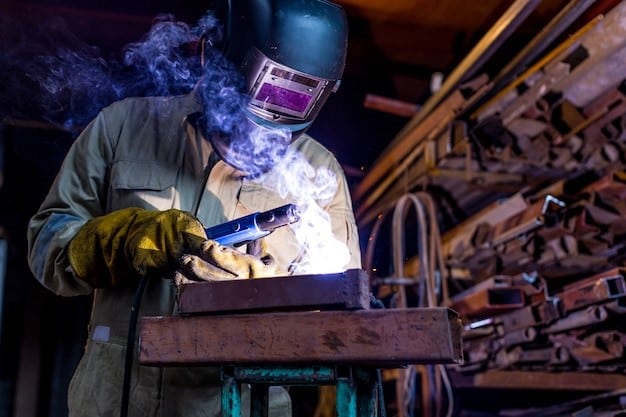
MIG Certification
Metal Inert Gas (MIG) Welding involves using a continuous wire feed for high-speed and efficient welding. This certification is crucial for those working in the automotive, fabrication, and manufacturing industries. It validates a welder’s ability to precisely handle thinner materials like aluminum and stainless steel.
TIG Certification
Tungsten Inert Gas (TIG) Welding is one of the most challenging yet precise methods. TIG welder suppliers often make it highly recommended in aerospace, automotive, and pipe welding industries. TIG certification verifies a welder’s ability to work with complex metals like titanium and stainless steel. This certification is essential for those needing to perform clean, detailed welds without defects.
FCAW Certification
Flux-Cored Arc Welding (FCAW) Similar to MIG welding but with a flux-cored wire, FCAW is often used in heavy-duty industries like shipbuilding and construction. The FCAW certification ensures welders can handle high-strength welds in harsh outdoor environments. It is particularly useful for projects requiring thick materials and strong welds.
SAW Certification
Submerged Arc Welding (SAW) is an automated welding process for large-pressure vessels, pipelines, and bridge construction projects. Certification in SAW confirms the ability to manage the automated system and ensure high-quality, consistent welds. This method is favored for heavy fabrication due to its efficiency and strength.
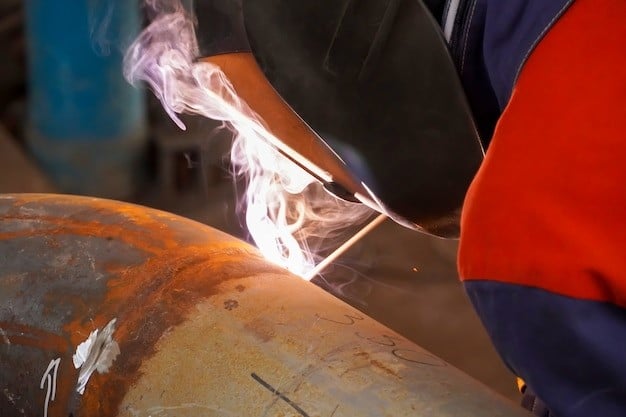
Certification Requirements
To become a certified welder, individuals must meet specific criteria demonstrating their ability to safely and effectively perform welding tasks. Below are the essential requirements:
Manual Dexterity
Welding requires a high level of hand-eye coordination. Certified welders must have excellent control over their movements to perform precise welds, especially when working with challenging materials or tight spaces. The ability to handle welding equipment with accuracy is crucial in achieving high-quality welds.
Technical Knowledge
A thorough understanding of welding techniques, materials, and equipment is essential for certification. Welders must know the different welding processes and be able to choose the right method for the job. Additionally, knowledge of metallurgy, welding symbols, and blueprints is necessary for handling complex projects.
Safety Awareness
Safety is a priority in welding due to the inherent risks involved. Certified welders must be well-versed in safety protocols, including the use of PPE like welding gloves and welding helmets and adherence to industry safety standards. Awareness of potential hazards such as fire, fumes, and electrical risks is critical for maintaining a safe working environment.
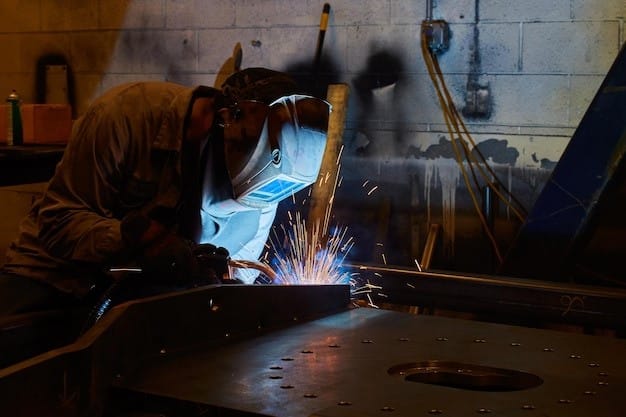
Physical Fitness
Welding often involves working in various positions for extended periods. Therefore, certified welders must have physical stamina and strength to manage the job demands. Good vision is also required for inspecting welds and ensuring accuracy.
Other Requirements
Some certifications may require prior experience or successful completion of practical tests. Welders must demonstrate their skills through hands-on tests that assess their ability to work with specific welding techniques. Additionally, they may need to pass written exams that evaluate their technical knowledge.
Are Welding Certifications Permanent?
Welding certifications are not always permanent and may require renewal or requalification after a specific period. The validity duration depends on the certification type and the issuing organization. For example, some certifications from the American Welding Society (AWS) must be renewed every six months or annually to ensure welders maintain their skills and stay updated with industry standards.
In many cases, welders must demonstrate continued competence through performance tests or submit documentation of ongoing welding work. Requalification may also be necessary if a welder switches to a different welding process or material, ensuring they remain certified for their specific tasks.
Industry Demand for Certified Welders
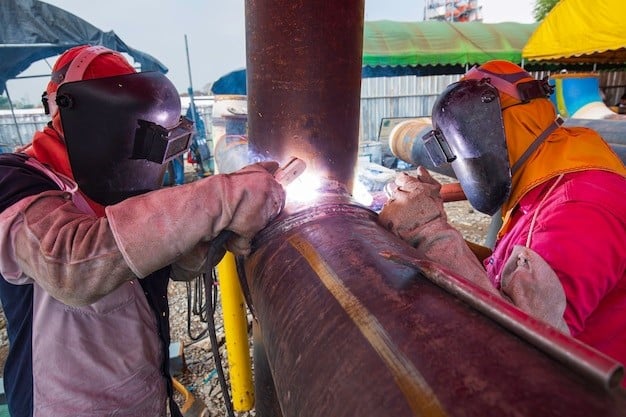
The demand for certified welders continues growing across various industries due to the increasing need for skilled labor in the construction, manufacturing, and energy sectors. Certified welders are in high demand for roles that require precision and adherence to strict safety standards, such as pipeline construction, shipbuilding, and aerospace.
Certified welders are crucial in building wind turbines, solar panels, and other green technologies in the renewable energy sector. Industries like oil and gas rely heavily on certified welders to ensure the safe and efficient construction of critical infrastructure. As industries expand and evolve, the need for certified welders with specialized skills will remain strong, providing stable job opportunities for qualified professionals.
| Industry | Demand for Certified Welders | Estimated Growth (%) |
| Construction | Certified welders are needed for building infrastructure, bridges, and commercial/residential structures. | 10% growth by 2028 |
| Manufacturing | High demand for welders in the production of vehicles, machinery, and heavy equipment. | 8% growth by 2030 |
| Energy | Essential in renewable energy projects, such as wind turbines, solar panels, and traditional power plants. | 12% growth by 2026 |
| Oil & Gas | Certified welders are crucial for pipeline construction, oil rigs, and refinery maintenance. | 6% growth by 2025 |
| Aerospace | Precise welding is required for aircraft manufacturing and maintenance to meet safety standards. | 5% growth by 2028 |
| Shipbuilding | Welders are in demand for building and repairing ships and submarines in the maritime industry. | 7% growth by 2027 |
Final Thoughts
Welding certifications are essential for professionals who want to advance their careers and ensure they meet industry standards. These certifications validate a welder’s skill, knowledge, and ability to perform specific tasks safely and effectively.
As industries evolve, the demand for certified welders grows, making certification an important step for those looking to stay competitive. While obtaining and maintaining certification requires effort, it opens the door to better job opportunities and specialized roles. Choosing the right certification can significantly impact your welding career, whether just starting or looking to expand your expertise. By keeping your skills up-to-date, you ensure long-term success in the field.
FAQs
What is the most recognized welding certification?
The American Welding Society (AWS) certifications, such as Certified Welder (CW) and Certified Welding Inspector (CWI), are the most recognized in the industry.
How long does it take to get welding certified?
The time it takes to get certified varies by the type of certification. Some can be completed in a few weeks, while others may require several months of training and testing.
Do welding certifications expire?
Yes, most welding certifications are not permanent and require periodic renewal, often every six months or annually.
Can I specialize in multiple welding methods?
Yes, welders can earn certifications in multiple methods, such as SMAW, MIG, TIG, and FCAW, allowing them to broaden their skills and job opportunities.
Is certification required for all welding jobs?
Certification is often required for specialized fields or high-stakes projects, but some entry-level or small-scale jobs may not require certification.
How do I maintain my welding certification?
To maintain certification, welders must often submit proof of continued welding work or pass re-qualification tests to demonstrate ongoing competency.
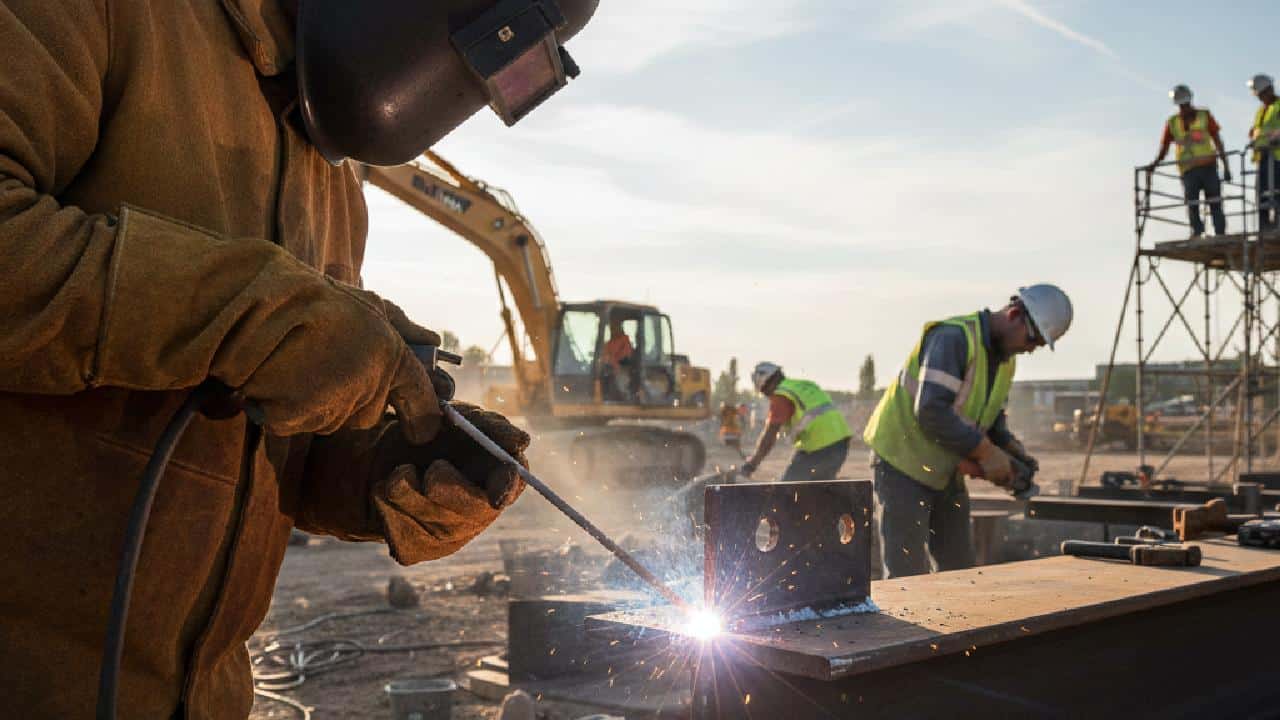
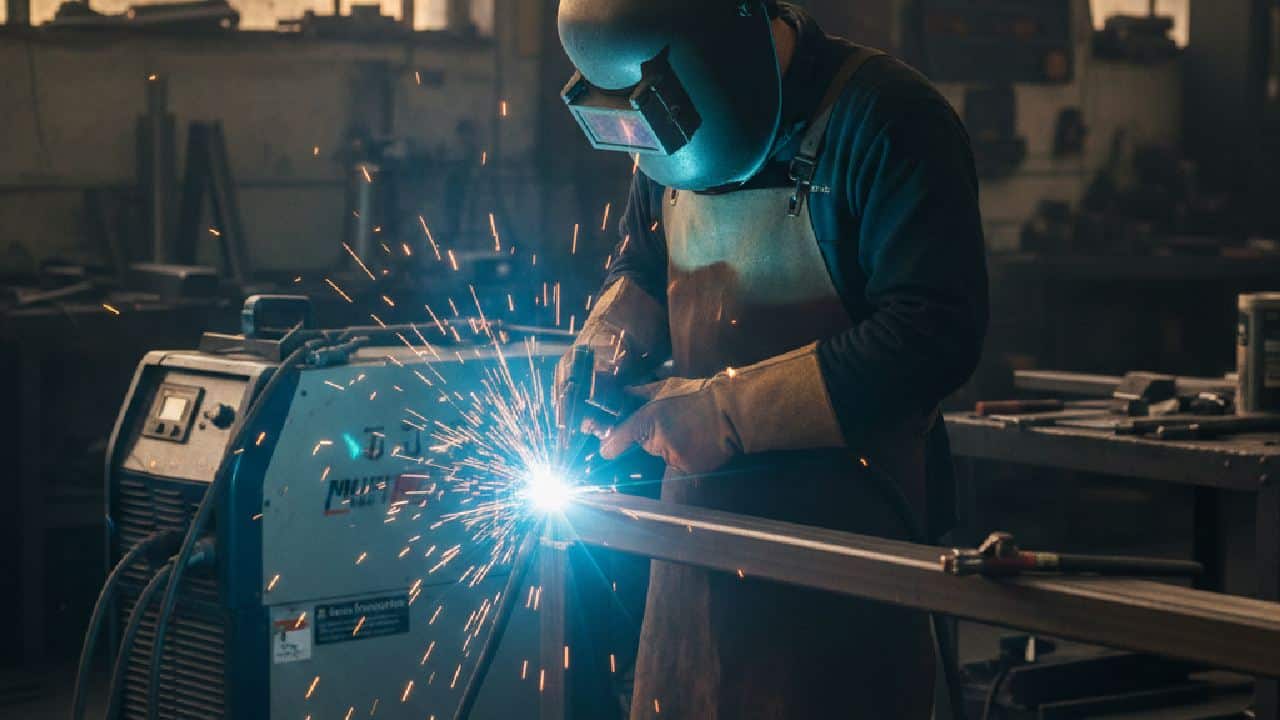
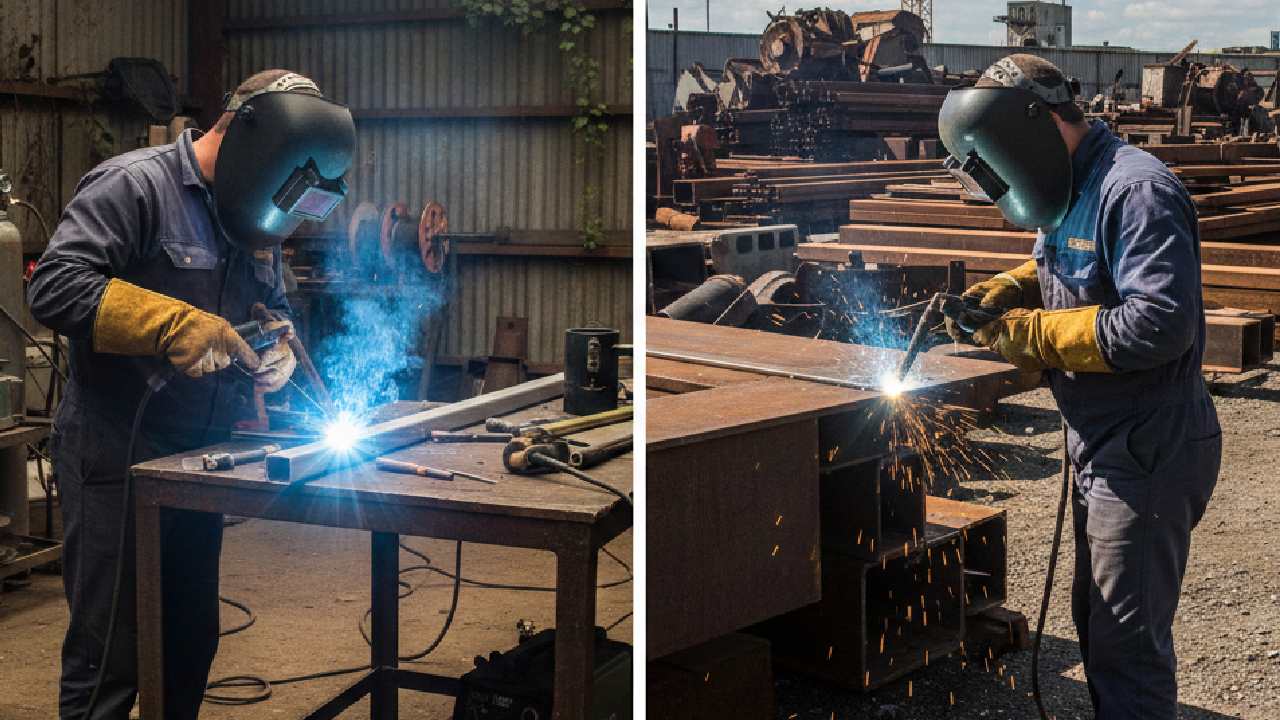
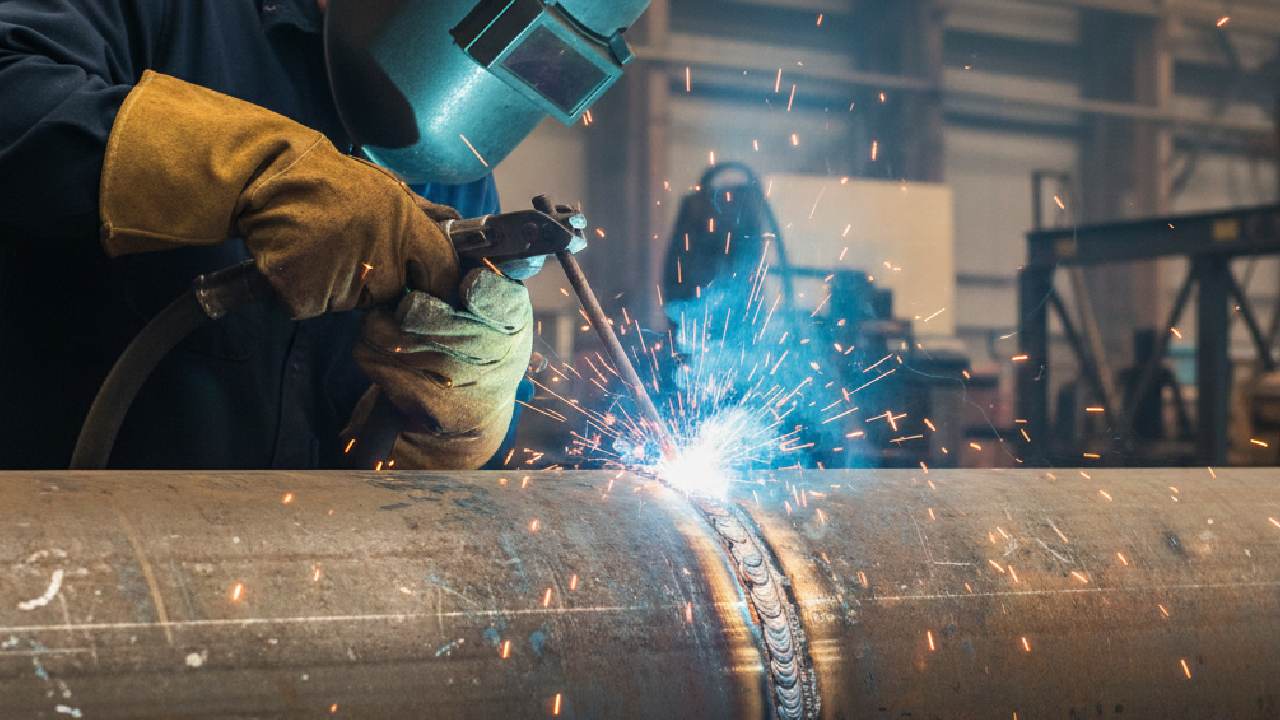
2 Responses
Demand projections for certified welders are very encouraging!
Really appreciate your comment! Thank you for reading!